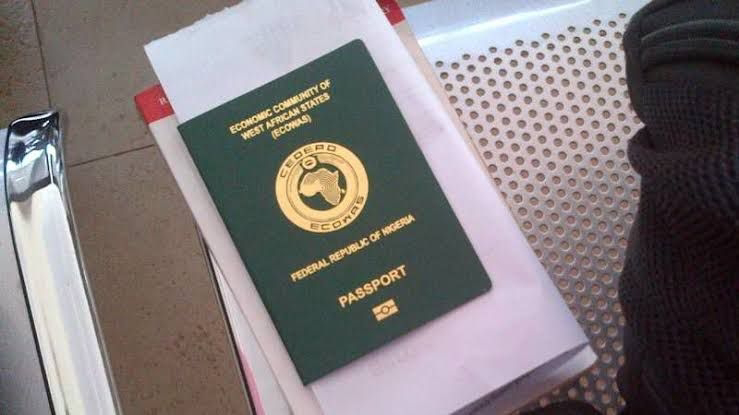With Nigeria grappling with severe economic hardship and worsening insecurity, an increasing number of citizens are seeking to relocate abroad, a trend popularly referred to as “japa.”
While some are driven by desperation, many others have genuine intentions—whether for education, business, or tourism.
However, the disappointment is often profound when visa applications are denied.
This has led many applicants to wonder: what makes the difference between approval and rejection?
To help prospective travelers better prepare, here are 10 important factors visa officers typically consider during interviews and while assessing applications:
1. Clear Purpose of Travel
A well-defined reason for your trip is fundamental to a successful visa application. Whether you’re traveling for studies, work, or vacation, it’s essential to back your purpose with appropriate documentation—such as admission letters, job offers, or travel itineraries. A precise and honest explanation of your travel plans helps the visa officer understand your intentions and assess your eligibility with more clarity.
2. Strong Ties to Home Country
Demonstrating a solid connection to your home country is crucial. Visa officers want assurance that you have compelling reasons to return after your visit. You can establish this by presenting evidence of employment, family responsibilities, business ownership, or property. These connections serve as proof that you are not planning to overstay your visa.
3. Financial Stability
Your financial capacity plays a significant role in the decision-making process. Visa officers need to be convinced that you can support yourself throughout your stay without relying on public funds in the host country. Supporting documents like recent bank statements, payslips, or sponsor letters can help establish your financial credibility.
4. Complete and Accurate Documentation
Proper documentation is vital. Ensure that all required forms are correctly filled out and that your paperwork—including passport, visa application, and supporting documents—meets the consulate’s standards. Incomplete or inconsistent documentation often leads to delays or outright denial.
5. Honesty and Consistency
Being truthful and consistent is non-negotiable. All the information you provide on your application form must align with your responses during the interview. Any discrepancies can raise red flags and erode the visa officer’s trust. Transparency is key to establishing credibility.
6. Confidence and Communication
During the interview, your demeanor matters. Display confidence, maintain eye contact, and respond clearly and respectfully. A well-prepared and confident applicant is more likely to leave a positive impression and demonstrate seriousness about their travel intentions.
7. Intent to Obey Visa Conditions
Visa officers are trained to detect potential immigration risks. If there are indications that you might violate visa conditions—such as overstaying or working on a tourist visa—it can result in an immediate rejection. Make sure your plans are lawful and in line with your visa category.
8. Interview Preparation
Understand the type of visa you’re applying for and anticipate possible interview questions. Practice your responses and be ready to explain your travel purpose, funding sources, and ties to your home country convincingly.
9. Organized and Complete Documentation
Having all necessary documents neatly organized in one file shows that you are prepared and serious about your application. Missing or disorganized paperwork can cause avoidable delays or denials.
10. Professionalism and Courtesy
Your attitude during the interview speaks volumes. Being polite, respectful, and professional helps create a positive impression. It signals to the visa officer that you are a responsible traveler who will respect the laws and customs of the host country.
Final Tip: Always consult the official website of the embassy or consulate of your destination country for up-to-date requirements and application guidelines.
Being well-informed can significantly boost your chances of success.









